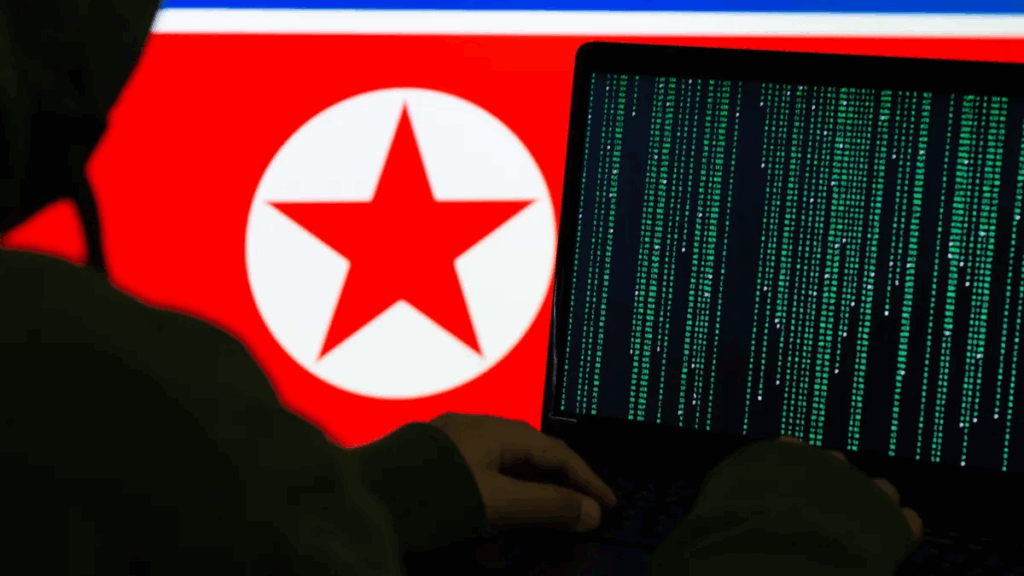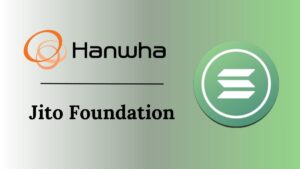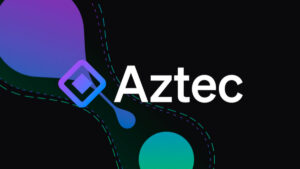TL;DR
- Russian and North Korean hackers deployed Qilin ransomware against South Korean banks, stealing 2TB of sensitive data from 28 financial institutions.
- The attack unfolded in three waves and exploited a managed service provider breach, showing growing ransomware sophistication.
- Cybersecurity firms warn that this operation combined Ransomware-as-a-Service with potential state-affiliated involvement, raising concerns over supply chain vulnerabilities and financial data security.
South Korean banks faced a major cybersecurity breach as Russian and North Korean-linked hackers stole 2TB of data from multiple financial institutions. The coordinated attack used Qilin ransomware and exploited weaknesses in a managed service provider, highlighting persistent threats to the country’s financial sector. Several affected organizations are now reviewing internal security measures and notifying clients about potential exposure, while regulators begin monitoring potential impacts on financial markets.
Qilin Ransomware Targets South Korean Financial Sector
According to cybersecurity firm Bitdefender, the campaign, named Korean Leaks, unfolded in three waves and compromised 28 financial sector entities. The attackers used political messaging alongside traditional ransomware tactics, presenting themselves as activists while disseminating propaganda-style posts. South Korea recorded 25 ransomware incidents in September alone, a sharp rise from the monthly average of only two between September 2024 and August 2025. Qilin ransomware, believed to have Russian roots, has claimed over 180 victims globally in October. Authorities continue to track possible connections with international cybercrime groups and monitor unusual activity across affected networks.
Coordinated Supply Chain Exploitation And Data Theft
The attackers initially breached a managed service provider, enabling access to multiple organizations across South Korea’s financial sector. Over 1 million files were stolen, including project plans and internal documents with potential military and commercial value. In some cases, hackers suggested they were sharing information with North Korean leadership. Posts on Qilin’s data leak platform threatened to release sensitive financial and political information, framing the campaign as a fight against corruption and manipulation. Investigators warn that further waves could target additional institutions if vulnerabilities remain unpatched, increasing pressure on cybersecurity teams to implement stronger defenses.

Implications For Cybersecurity And Crypto Adoption
Experts note that attacks like Korean Leaks emphasize the importance of decentralized and encrypted financial systems. Cryptocurrency-based transactions, secure key management, and blockchain verification offer alternatives that reduce reliance on centralized banking systems vulnerable to coordinated ransomware attacks.
Analysts suggest that while traditional banks face escalating cyber risks, crypto platforms may provide safer avenues for both institutional and individual financial activity. Adoption of multi-layer security, proactive monitoring, and blockchain auditing is being recommended to strengthen resilience.










